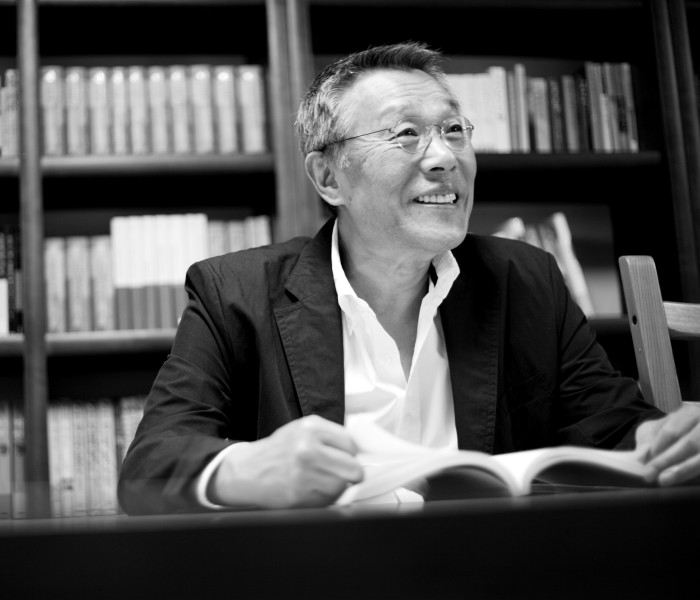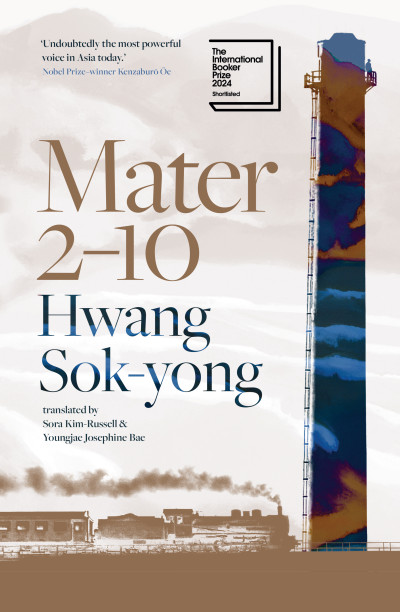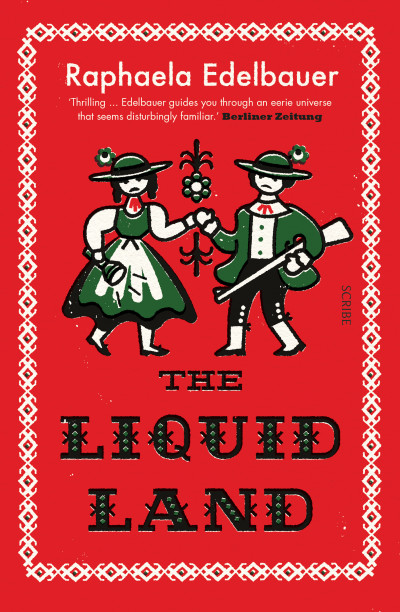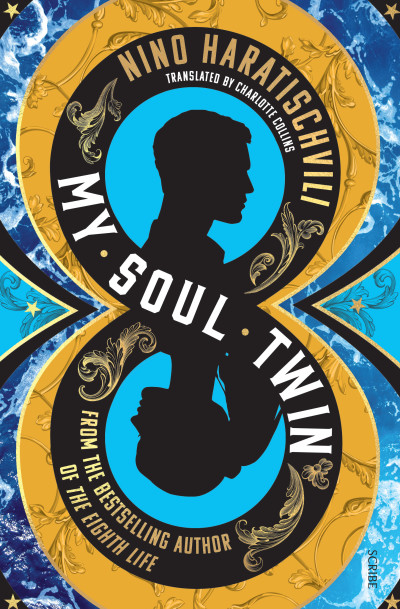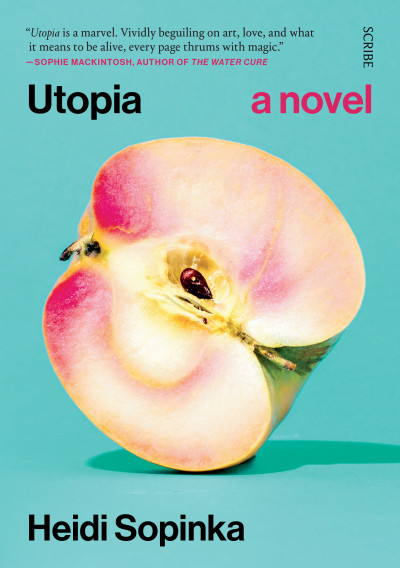“Hwang Sok-yong is one of South Korea's foremost writers, a powerful voice for society's marginalized, and Sora Kim-Russell's translations never falter.”
Deborah Smith, translator of The Vegetarian
“Undoubtedly the most powerful voice in Asia today.”
Kenzaburo Oe, Winner of the Nobel Prize for Literature
“A vivid depiction of a city too quick to throw away both possessions and people.”
Financial Times
“Sora Kim-Russell’s translation moves gracefully between gritty, whiffy realism and folk-tale spookiness.”
The Economist
“Hwang Sok-yong is one of the most read Korean writers in his country, and best known abroad. An activist for democracy and reconciliation with the North, in his books he melds his political fights with the Korean cultural imagination.”
Le Monde
“In Familiar Things, the great Korean writer embraces the social realities of his country. It is the opposite of the economic miracle that he paints for us here. Beyond simple naturalism, Hwang Sok-yong mixes into the actual, the magic of a popular culture steeped in the spiritual.”
LivresHebdo
“Hwang Sok-yong is an endearing author. For his perspective on people and things, for the instinctive modesty of his characters as well as his ability to “capture”—to return through fiction—the contemporary history of his country. Even more, to embody it.”
La Croix
“A great political book, a plea for a country under the boot of a general, a country embroiled in a fierce power struggle, where ideology has been devoured by productivity, where human beings are nothing more than bellies to be filled for the benefit of industrial producers…Grandma Willow in her dementia rails, “You're despicable! Do you think you live alone here? You men may all disappear, nature will continue to exist!” Let's hope so!”
Critiques Libres
“Reality, fiction and fantasy mix closely, giving his writing unparalleled power. Hwang Sok-yong’s empathy for his heroes is always accompanied by a fierce rage against the powerful.”
Le Monde Diplomatique
“As one of the country’s most prominent novelists, Hwang has never shied away from controversy…With Familiar Things, Hwang turns his attention to the underside of South Korea’s remarkable economic development, namely, the vast underclass it has created.”
Boston Review
“While it invokes South Korean history, culture, mythology and folklore, this slim novel is unmistakably universal in its reach, contemporary in its appeal, and packs an emotional punch that reverberates long after reading.”
South China Morning Post
“[A] cautionary tale, both a mirror and a portent for our own world.”
Fionn Mallon, Los Angeles Review of Books
“Familiar Things is both tragic and heartrending.”
The Skinny
“Hwang’s writing is rich with symbolism, cautionary lessons, and the potential for redemption.”
World Literature Today
“Familiar Things is a fine little novel, showing a crushing, grim reality in which the resilient human spirit and imagination makes do.”
M.A.Orthofer, The Complete Review
“Familiar Things walks a perfect path between realism and the supernatural.”
Annie Smith, A Bookish Type
“Familiar Things is a poignant novel that depicts decay and regeneration…A sense of menace pervades the novel. But the relationship that develops between Bugeye and Baldspot, who he comes to adopt as his younger brother, is heartwarming.”
The Big Issue
“It touched me in quite a powerful way…It’s quite sad but beautiful.”
Ellie Bamber, Stylist
“[Hwang Sok-Yong] exhibits superb skill in introducing elements of the preternatural without detracting from the main focus of the story…Hwang on the whole moves us to question the fragility of memory and challenges us to hold on to our past and identify our roots despite the ever-changing nature of life. The novel is an endearingly powerful read as we make the journey with Bugeye towards his adulthood. Life is composed of memories both good and bad, and, in spite of the growing waste and destruction surrounding these children, there is a reason for hope and promise that their future will be better, greener lives.”
Diya Mitra, Wasafiri
“[Q]uick read with a gut punch at the end. Folklore meets tragic existance [sic].”
Lolly Dandeneau, Edelweiss
“Familiar Things…serves as a powerful and potentially contentious reminder of the difficult backstory to South Korean success.”
Boston Review
“In the tradition of social realism, Familiar Things reveals aspects of our current throw-away system that are intentionally kept out of sight. But it is not only a Jungle-esque activist exposé. It is also an engaging coming-of-age portrait.”
Emma Schneider, Full Stop
